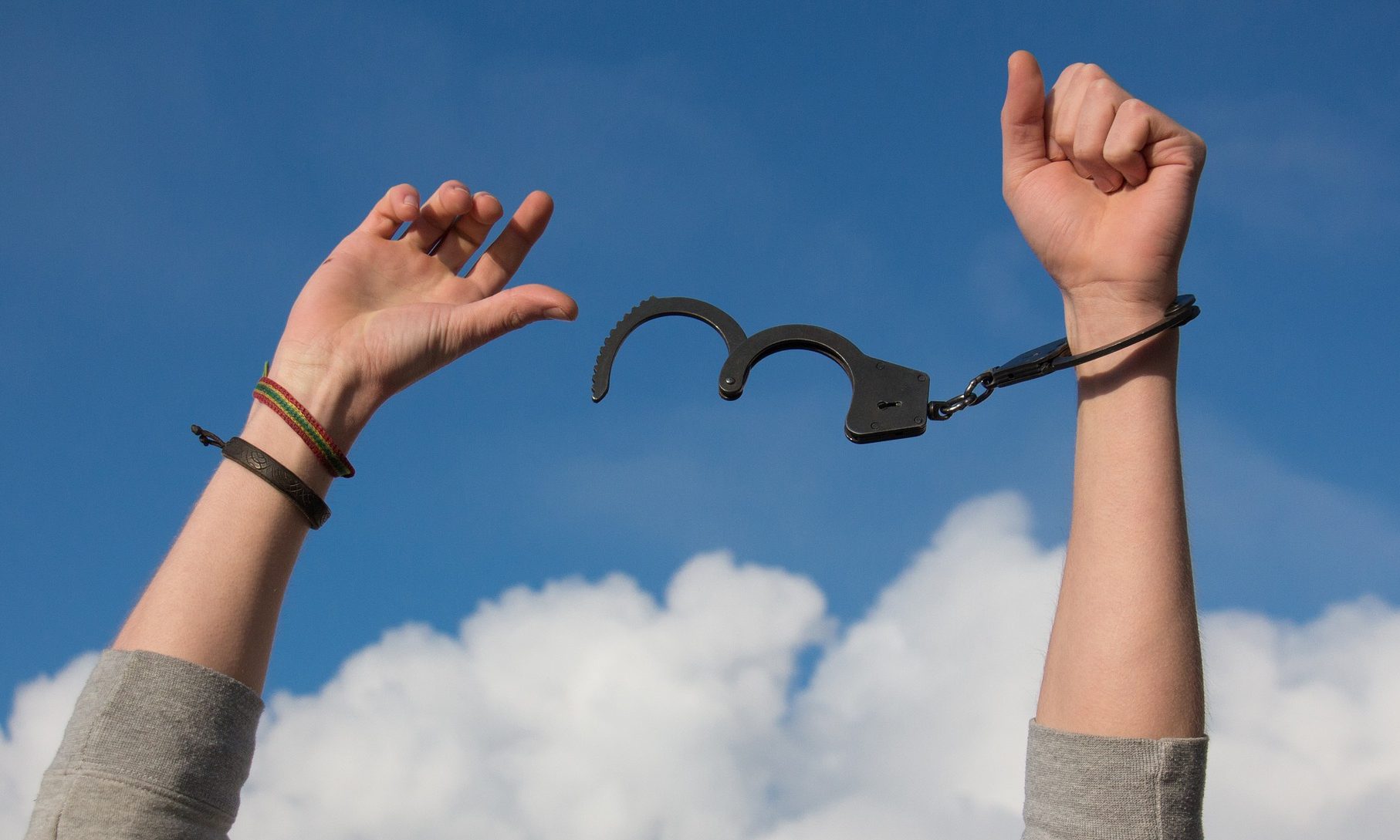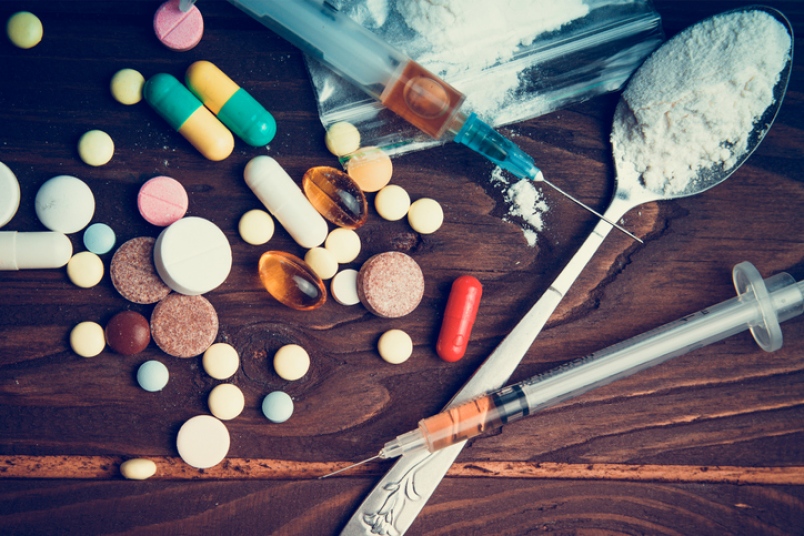
J
The Province is taking a critical step to end the shame and stigma that prevents people with substance-use challenges from reaching out for life-saving help as B.C.’s decriminalization of people who use drugs comes into effect on Tuesday, Jan. 31, 2023.
Health Canada granted the Province of B.C. a subsection 56(1) exemption under the Controlled Drugs and Substances Act to decriminalize people who use drugs. Beginning Jan. 31, 2023, until Jan. 31, 2026, adults (18 and older) in B.C. will not be subject to criminal charges if they possess a small amount for personal use.
This exemption does not mean drugs are legalized. The drugs included in the exemption remain illegal; however, adults who are found in possession of a cumulative total of as much as 2.5 grams of opioids, cocaine, methamphetamine and MDMA for personal use will no longer be arrested, charged or have their drugs seized, if abiding by the scope and conditions of the exemption. Instead, police will offer information on available health and social supports, as well as local treatment and recovery options.

j
In addition, the Province is building new pathways into the health-care system by hiring health authority specific positions dedicated to building connections with local service providers and people referred by police. These positions will also help connect people with resources and information on voluntary mental-health and addictions supports in their own community. “Decriminalization is an important part of an integrated approach, along with safer supply and public-health supports, to divert persons who use drugs away from the criminal justice system and toward health services and pathways of care because substance use is a health matter, not a criminal one. This approach has the potential to address harms associated with substance use, reduce stigma, prevent overdose deaths and increase access to health and social services.”
Eliminating criminal penalties for those carrying small amounts of illicit drugs for personal use will reduce stigma and harm and provide another tool for British Columbia to end the overdose crisis.
The bill, functionally, has three parts. The first is the simple decriminalization of the possession of drugs.The bill would also see the expungement of criminal records for possession charges, removing barriers that hamper many people in employment, housing and other areas of life.
The third part is the National Strategy on Substance Use Act. This would mandate the creation of a “national strategy to address the harm caused by problematic substance use by promoting a comprehensive public health approach,” the bill reads. Its functions include creating low-barrier access to safe supply, reducing stigma associated with substance use through various programs, and implementing prevention programs that address the factors—social and economic, among others—that lead to problematic use.



